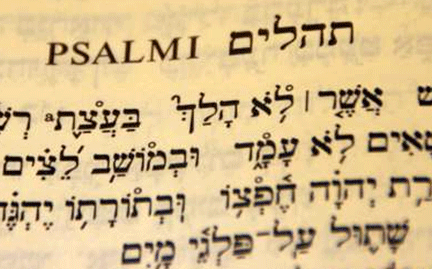
For a number of years Detroit Baptist Theological Seminary has posted on its website, a list of books that their faculty recommends. Recently this book list has been updated and posted online. According to DBTS’s website, this list
has been prepared to assist students at Detroit Baptist Theological Seminary in selecting books for their future ministries. It has been specifically designed to answer the question of which books are the best on a particular book of the Bible or theological subject. In the case of commentaries, best means those that are the most helpful in exegesis and exposition, as well as understanding the overall argument of a book. Commentaries of a sermonic and/or devotional nature, though helpful and oftentimes essential for sermon preparation, are not generally represented in this list. The books are listed in order of importance. The first book listed, if available, is the one the student should purchase first. However, it should not be assumed that one commentary will suffice for the task of teaching or preaching through a book. This is almost never the case.
While we have designed this booklist primarily for our students, I have been told by some outside of our immediate constituency that they have profited from our booklist. If you desire to check out the list or download it, go to DBTS’s “Basic Library Booklist.”
Technorati Tags: Seminary Life


















